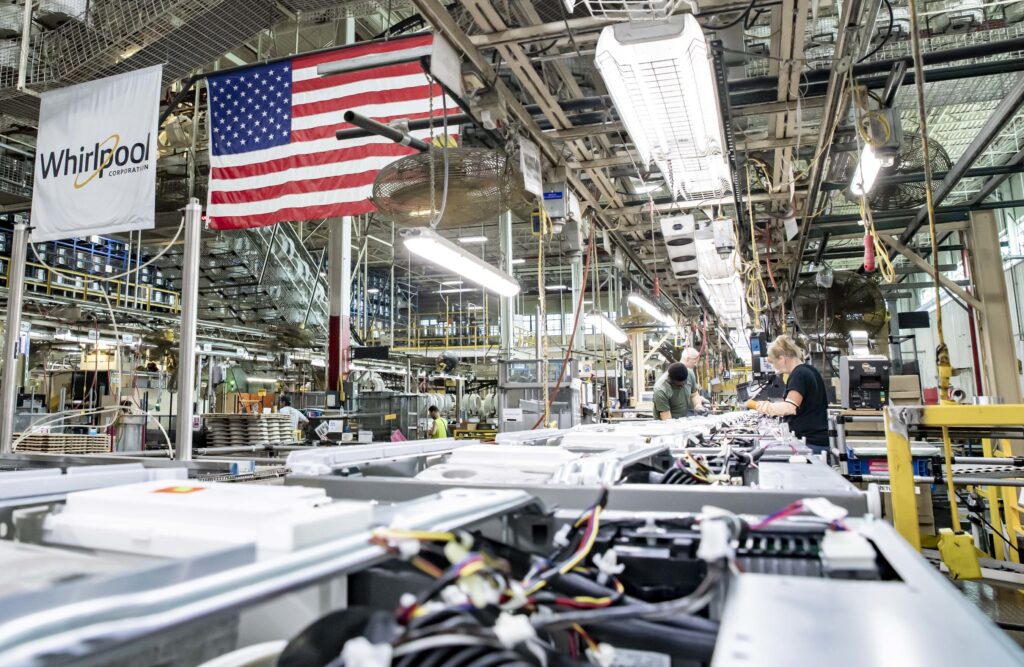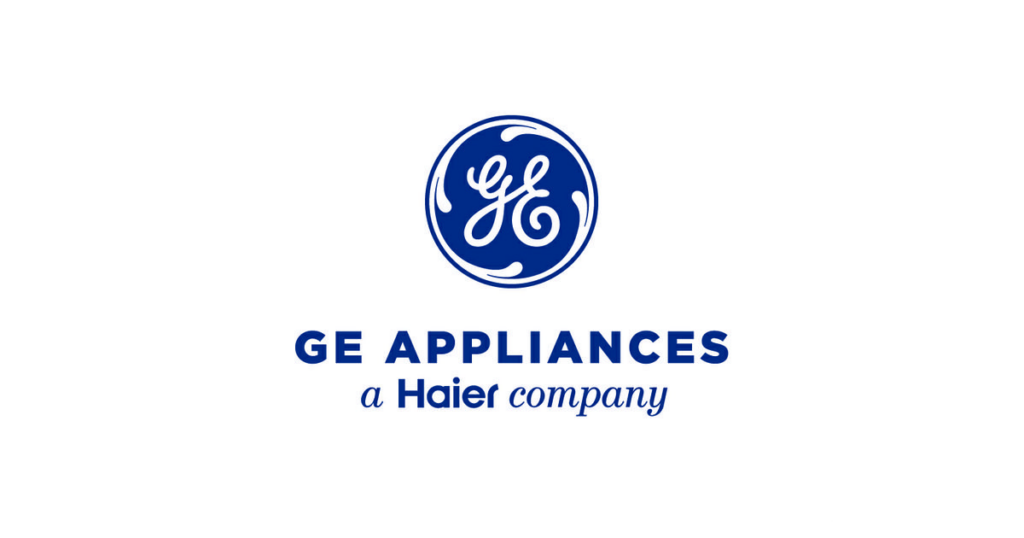
A Talk with Economist John Norris
24 Mar, 2016
John Norris oversees the wealth management team for Oakworth Capital Bank in Birmingham, Alabama. He has more than 24 years of experience in the financial services industry and has appeared in a variety of local as well as national media forums as an expert on the economy and the markets. He sat down with the Business Expansion Journal to give his insights into the 2016 economy.
Q- The economy has had a volatile start to 2016 – how do you see economic growth for this year?
A-If you liked 2015, you are going to like 2016. All economic indicators show that we will have “tepid” growth at about 2%, and we do not foresee a recession.
Q – So you do not feel we are headed for a recession—why not?
A- Recessions usually occur when there is a massive crisis in the financial system. The banking system is in much better shape than it was in 2007/2008. Loan to deposits are at 80% rather than 102% in 2007. Banks have been more conservative, diversified their portfolios and reduced the problem loans.
Q- What factors are controlling the economy’s direction at this point?
A-With regard to oil prices, common thought is that low energy costs are good for the economy, and that has been the case over the past 24 years I have been in this business, but the question is could low energy costs really be bad? The consumer has more money, and their expenditures continue to rise; we will just have to wait and see if this plays out differently.
A-We are part of a global economy, so it is important to factor in what is happening abroad. For example, China’s economy is slowing but they are in a position of transition. Its industrial build-out is cooling down, but Chinese consumer growth is still rising. This period of change for them should not have big effects on our economy.
Q- How do you feel about Interest rates and what the Federal Reserve is doing at this point?
A-There was not an economic reason to raise the rates in December, but the Federal Reserve is a decision-making committee, and they wanted to give themselves some adjustment room in the future. The economy had not overheated, and it was really too late to make that adjustment then. Markets will follow the decisions very closely this year, but I do not expect it to go over 1%. They knew the economy was strong enough to test it, so it was basically a non-event.
Q- How about the election effect?
A -Politicians get too much credit and too much blame. Both Sanders and Clinton will not be as favorable for businesses as the Republicans will be. I do not think businesses are holding out for the election. If they plan on expanding, they will and should go ahead and move forward and not wait for the election cycle. The politicians are not going to be able to affect change significantly anyway.
Q- The stock market has been on a roller coaster recently. Do you have any explanation or advice for the investor? How about 401 K plans?
A -We are treating the recent swings in the stock market more like a seasonal adjustment. There will be additional volatility like the sell -off in January, but by the end of the year there will be modest economic growth. There will be a lower rate of return (approximately 7%), but there should not be a panic.
A-401 K’s – You need to plan for asset allocation over a long period of time. Do not look at weekly or even monthly statements at this point – you are better to stay in the market than out of it. Think long term.
Q- What advice can you offer businesses in 2016?
A -Nothing will dramatically change in 2016. Competition has typically revolved around pricing, product and services. Today more than ever, success is going to depend on providing the best product and services. Low-cost leaders are pretty established and stabilized.
Q- Housing and construction numbers seem good – how do you interpret those numbers?
A -Good deals will just get done. There is basically an organic demand as population grows 1% per year and there is a need for housing. Some markets will do better and predominantly in those areas where the work force is competitive and there is growth. Warehouse and industrial space will not be as marketable as office space and residential in good locations.
Q- Our magazine focuses on highlighting opportunities in regional areas. Where do you think the growth will take place and why?
A-The regions that will be the most successful are areas where the workforce is well-trained and qualified. These areas include the Research Triangle in North Carolina; Austin, Texas; outside of Boston; and Silicon Valley.
Q-This issue focuses on biosciences and utilities – can you offer some feedback on those areas?
A-Biosciences have limitless growth possibilities, but it is a knowledge-based economy, and finding a qualified workforce for this industry is a challenge. We are all going to live longer, be in the workforce longer, and that is going to continue to put a demand on this industry.
A-Utilities are in a transitional stage, given the fact that we are in a trend to use less energy in manufacturing as well as the general consumer; that will be reflected in the utility economy.
Q – How do you see manufacturing competing in the US?
A- The U.S. will continue to grow our industrial/manufacturing sector, but to be successful and competitive, it will be “low batch, high margins” and the value of the product will have to be really high. We will continue to see more specialized production and robotics in use as well as see the impact of 3-D printing.
Q- Any last thoughts?
A-My soapbox is that we need to focus on education. We only have about 25% of the workforce well-trained and we need a more knowledge-based pool. If we are going to continue to grow and be competitive, we have to make education a priority now. I am not just talking about higher education but more vocational opportunities and providing true job skills.
Related Posts
-

Airbus inaugurates new A320 Final Assembly Line at Mobile facility
-

Welspun Tubular to Invest $150 Million in New LSAW Pipe Mill in Little Rock, Arkansas
-

Whirlpool Corporation Announces $300 Million Investment in U.S. Laundry Operations, Creating 400-600 New Jobs in Ohio
-

Merck Breaks Ground on $3 Billion Center of Excellence for Pharmaceutical Manufacturing in Elkton, Virginia
-

Eos Energy to Relocate Headquarters to Pittsburgh and Expand PA-Based Battery Manufacturing Operations in Allegheny County with $353 Million Investment
-

GE APPLIANCES ANNOUNCES HISTORIC $3 BILLION INVESTMENT TO EXPAND U.S. MANUFACTURING
-

RADIANCE TECHNOLOGIES ANNOUNCES $370 MILLION MICROCHIP FACILITY IN NORTH LOUISIANA TO BOLSTER AND SECURE NATIONAL SUPPLY CHAINS
-

JOHNSON & JOHNSON CONTINUES U.S. INVESTMENT WITH $2 BILLION COMMITMENT TO ENABLE MANUFACTURING AT STATE-OF-THE-ART NORTH CAROLINA FACILITYJOHNSON & JOHNSON CONTINUES U.S. INVESTMENT WITH $2 BILLION COMMITMENT TO ENABLE MANUFACTURING AT STATE-OF-THE-ART NORTH CAROLINA FACILITY
-

stow GROUP TO CREATE 200 JOBS IN GORDON COUNTY, GEORGIA
-

PHILIPS ANNOUNCES PLAN FOR MORE THAN $150 MILLION USD OF NEW INVESTMENT IN MANUFACTURING AND R&D IN THE U.S. TO EXPAND PRODUCTION OF AI-POWERED HEALTH TECHNOLOGY INNOVATIONS









